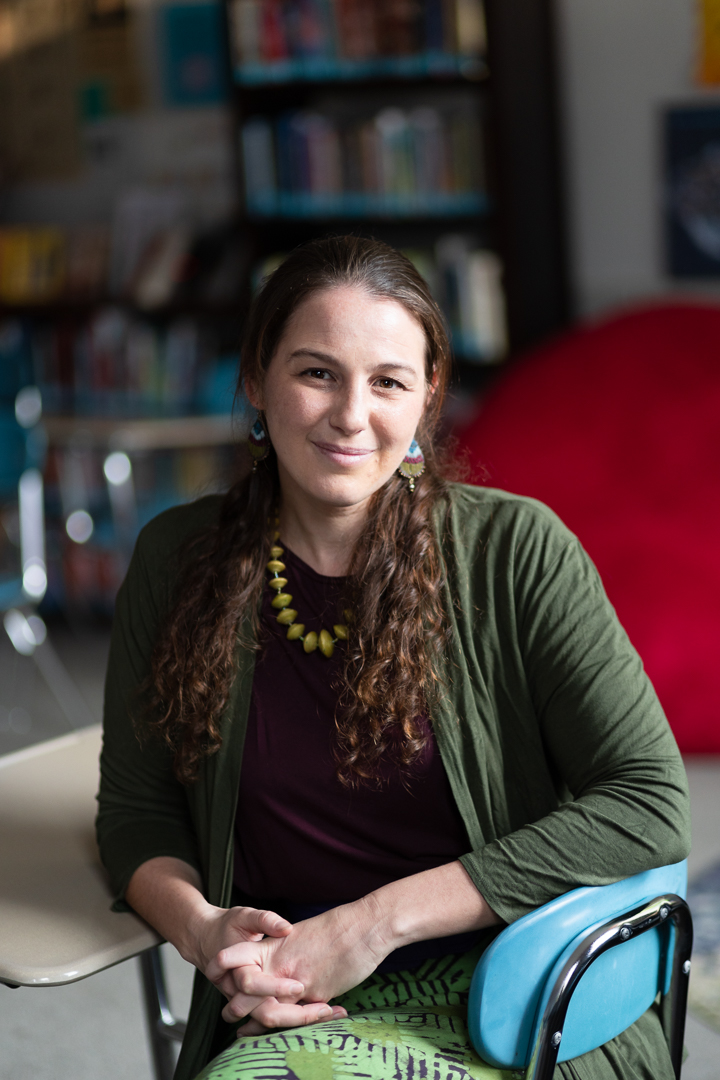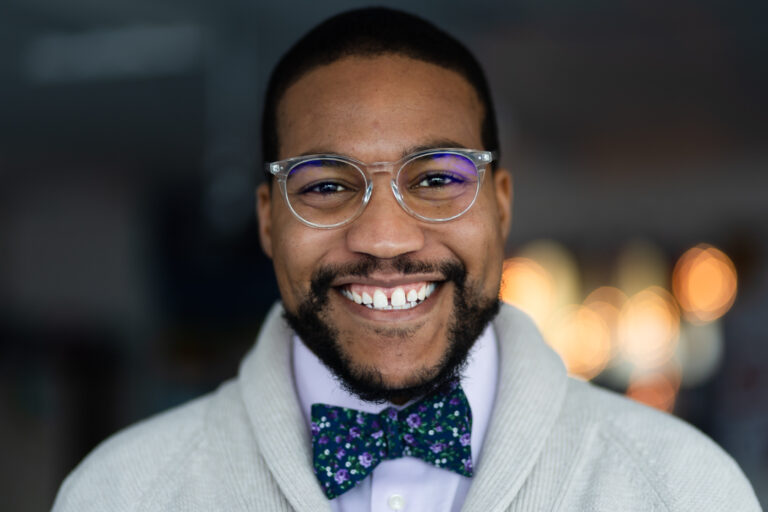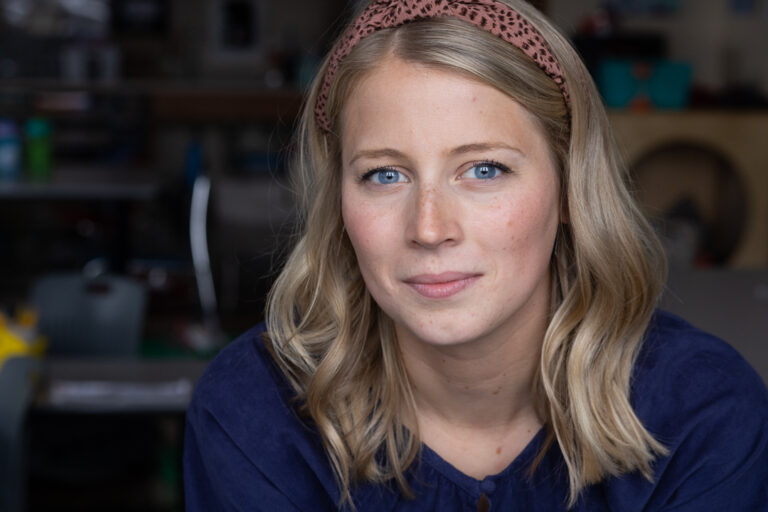Teacher stories, interviews, and videos related to public schools and public education.
My connection with a student was able to save her life.
I was her Business teacher. And there was a point where she was always in class, always participating. She was actually one of my best students. But during the course of the first year I had her, she started missing class.
It was about the third classroom I walked into that I saw a distinct pattern. It was in the written instructions that the teacher would leave for me. It's called the sub plans. And at the bottom of all the sub plans was always a list of students' names.
And above that list of names was a title.
And that title said, “Problem students.”
The fear in my mind of saying the wrong thing is a fear I have as a teacher constantly.
And that scares me as an educator who constantly is trying to create positive dialogue that considers all sides of the debate.
I'm a teacher for the Department of Education at Rikers Island.
My background is 35 years in the construction trades and six years now with the DOE teaching incarcerated students.
I remember that Monday morning getting an email from our principal. We had lost a student. And I froze. I remember calling to the security guards, “Hey, watch my class.”
I have the honor and joy of teaching U.S. history and civics to recent immigrant and refugee students. My students come from more than 30 countries: from Colombia, to the Democratic Republic of the Congo, to Cambodia. Most of my students have been in the U.S. for less than five years.
I think it was the first time that I realized how much impact teachers have.
The experience that you give the learners in your classroom can change the paths that they walk for the rest of their lives.
I wanted to work at the Boston Federal Reserve and go to the London School of Economics. But I graduated in 2009, and there were no jobs available, due to the housing crisis and Great Recession. So I started working at a local public charter school.
I was pretty close with my brother. He ended up going to jail when I was in fourth grade. We were having morning meeting at school, and the question that day was, ‘How are you feeling?’


